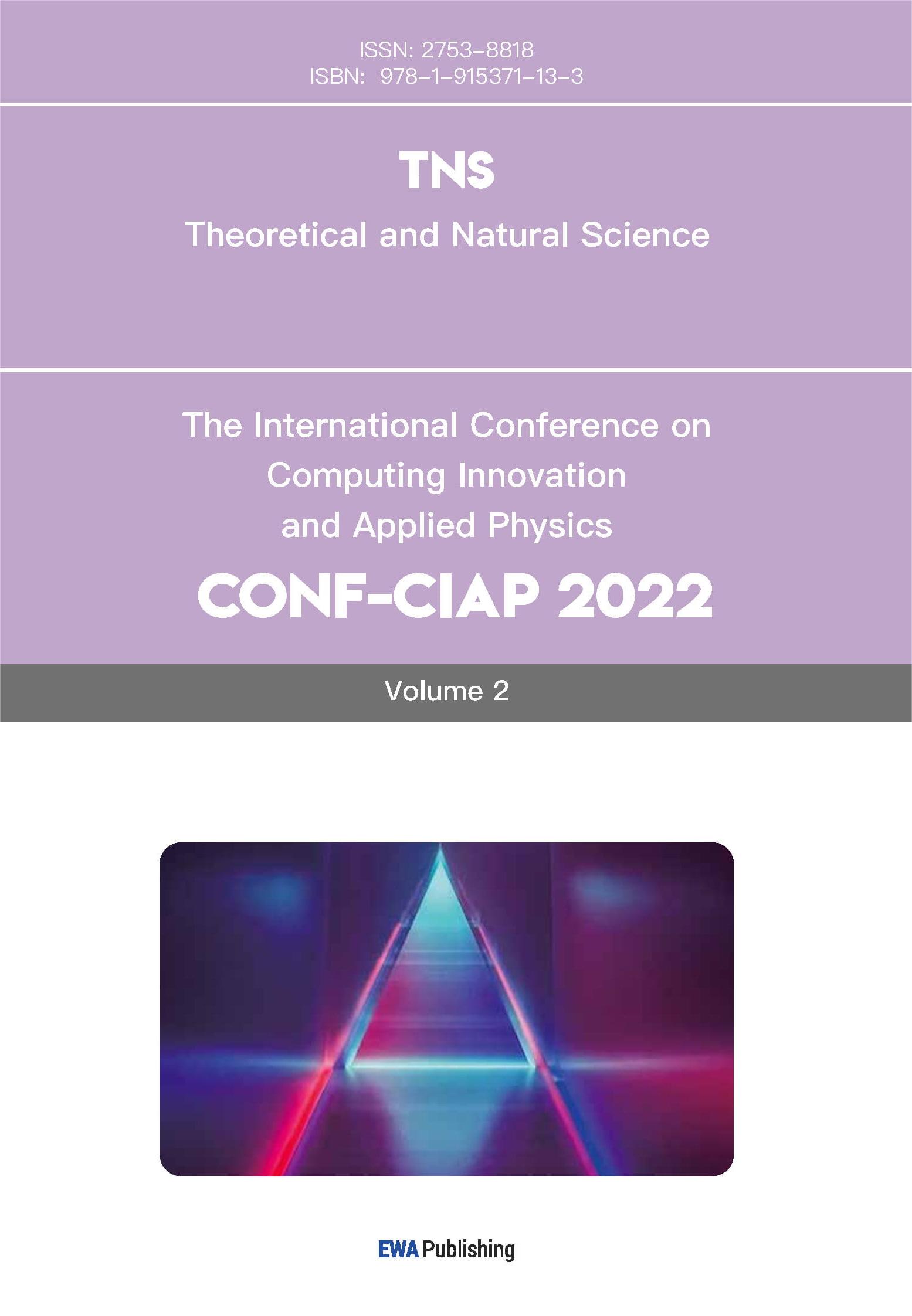References
[1]. Michel Rezkalla, Michael Pertl & Mattia Marinelli, “Electric power system inertia: requirements, challenges and solutions”., Springer, 2018.
[2]. Md. Nahid Haque Shazon, Nahid-Al-Masood, Atik Jawad, “Frequency control challenges and potential countermeasures in future low-inertia power systems: A review”., ScienceDirect., 2022.
[3]. Yingwei Wang; Yufeng Guo; Weimao Xu., “Integrated Wind-Energy Storage Primary Frequency Regulation Method Considering Wind Power Frequency Regulation Capability and Fatigue Loads”., IEEE, 2024.
[4]. Anant Kumar Singh; Ramakrishnan Raja; Tomy Sebastian; Awab Ali., “Limitations of the PI Control with Respect to Parameter Variation in PMSM Motor Drive Systems”., IEEE, 2019.
[5]. Han Deng; Jingyang Fang., “State-Space Modeling, Stability Analysis, and Controller Design of Grid-Forming Converters With Distributed Virtual Inertia”., Front. Energy Res., 2022., Sec. Smart Grids.
[6]. Chamni Jaipradidtham; Lapat Napen., “Lyapunov stability criterion to control strategy with PI controller of doubly fed induction generators in variable-speed of wind turbine energy conversion optimization”., IEEE., 2016.
[7]. Hichem Itouchene; Fayssal Amrane; Zoubir Boudries; Phatiphat Thounthong; Idris Issaadi., “Design of a Robust Controller using Lyapunov Function for DFIG Wind Turbines”., IEEE., 2024.
[8]. Sana Salhi; Salah Salhi., “LQR control of a Grid Side Converter of a DFIG based WECS: LMI approach based on Lyapunov condition”., IEEE., 2019.
[9]. Baros, Stefanos; Ilić, Marija D., “Distributed Consensus Control of DFIGs with Storage for Wind Farm Power Output Regulation”., MIT Libraries.



